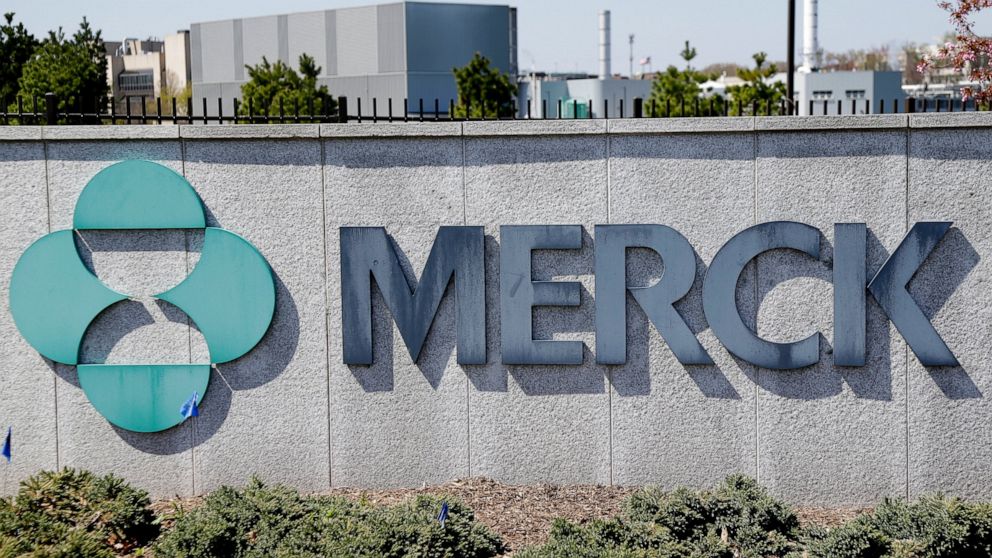Longtime Merck CEO Ken Frazier to retire
Ken Frazier, the longtime chief executive of Merck and one of the few remaining Black CEOs of a Fortune 500 company, is retiring
Kenilworth, NJ — Ken Frazier, the longtime chief executive of Merck and one of the few remaining Black CEOs of a Fortune 500 company, is retiring.
Frazier, Merck’s CEO for the past decade, will be replaced by Rob Davis, the chief financial officer, the company said Thursday. Frazier will become executive chairman of the board during a transition period.
Frazier joined Merck in 1992 as general counsel to one of Merck’s pharmaceutical businesses and worked his way up to the top job. He is one of the few Black CEOs at the head of a Fortune 500 company.
Last month, when Walgreens named Roz Brewer as its new CEO, there were four. With Frazier’s departure, that number is back down to three.
Frazier clashed with then-President Donald Trump over his refusal to condemn the white supremacists who marched in Charlottesville, Virginia, in 2017, saying, “America’s leaders must honor our fundamental values by clearly rejecting expressions of hatred, bigotry and group supremacy.”
He stepped down from the president’s manufacturing council and was attacked repeatedly by Trump on Twitter the same day.
Other executives followed and the council was quickly disbanded.
Frazier spoke out publicly about inequality in the U.S. again last year during the protests that followed the death of George Floyd at the hands of police in Minneapolis. Frazier said it could just as easily have been him.
Frazier was instrumental in orchestrating some of Merck’s most successful ventures, including the acquisition of the cancer drug developer VelosBio.
The VelosBio deal was aimed at expanding Merck’s cancer drug franchise, which is focused on immunotherapy treatment Keytruda, now approved for dozens of cancer types and patient groups. One of the world’s most lucrative drugs, Keytruda brought in a whopping $14.4 billion in 2020 sales.
Merck reported fourth-quarter earnings Thursday. Keytruda sales came in just under $4 billion in the quarter, up 28% from a year earlier.
The company posted a loss, partially due to a $2.7 billion charge for the acquisition of VelosBio.
Merck, one of the world’s top vaccine makers, recently announced that it was scrapping its two COVID-19 vaccine candidates, but is continuing to develop a pair of potential treatments for the new coronavirus.
The Kenilworth, New Jersey, company lost $2.09 billion, or $0.83 per share. Adjusted income came to $3.4 billion, or $1.32 per share, well short of the $1.38 Wall Street was looking for, according to a survey by FactSet.
A year earlier, Merck posted net income of 2.36 billion, or $0.92 per share.
Overall revenue was $12.51 billion, up 5% from a year earlier. That was also shy of the $12.67 billion projected by analysts.
Shares were essentially flat before the opening bell Thursday around $77.40. Shares have more than doubled under Frazier as CEO.
Merck & Co. said it expects earnings per share for 2021 to range between $5.52 and $5.72. It expects revenue for the year of $51.8 billion to $53.8 billion.
However, the company said those estimates will change if its long-planned spinoff of its Organon subsidiary, which sells women’s health products and biosimilar drugs, or near-copies of expensive biologic drugs, occurs in the second quarter as planned. Merck also said that it expects the pandemic’s impact will cut 2021 revenue by 2%.
———
Follow Linda A. Johnson at https://twitter.com/LindaJ—onPharma
![]()


